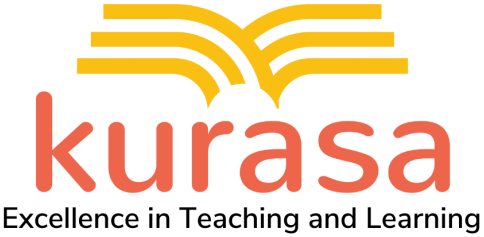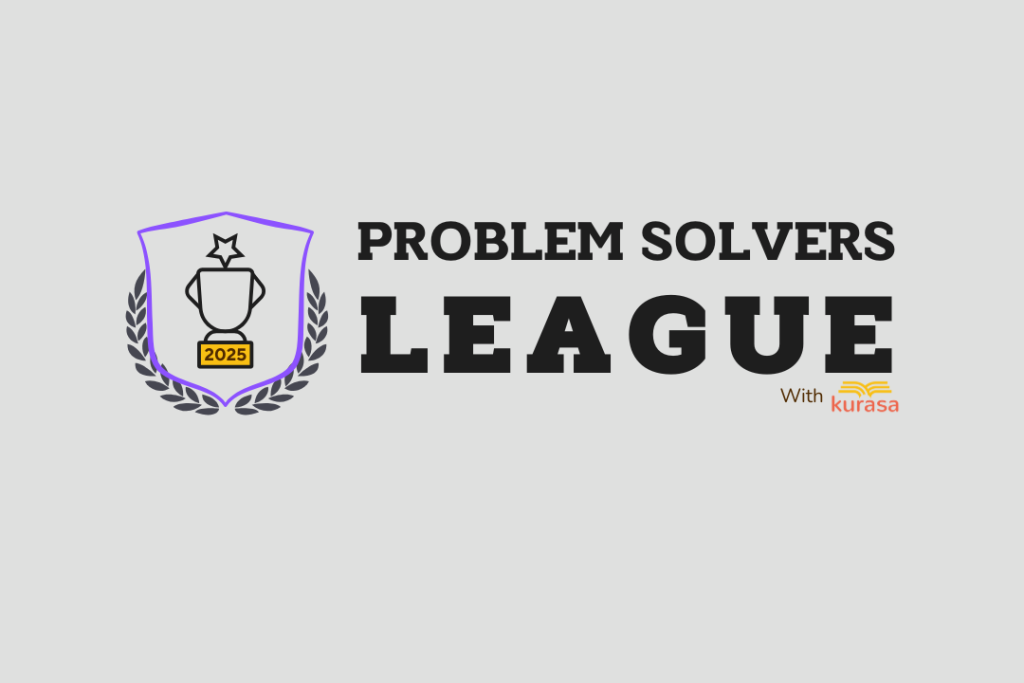Foundational literacy and numeracy are the building blocks of learning. They are the skills that children need to be able to read, write, and do basic math. These skills are essential for success in school and in life.
In Africa, there is a large gap in foundational literacy and numeracy skills. According to the World Bank, only 57% of children in sub-Saharan Africa are able to read with understanding by age 10. This gap is even wider for girls, with only 49% being able to read with understanding.
There are a number of factors that contribute to this gap, including poverty, lack of access to quality education, and cultural factors. However, one of the most significant factors is the lack of effective pedagogical methods.
Traditional pedagogical methods in Africa often focus on rote memorization and drill-and-practice. This approach is not effective for teaching foundational literacy and numeracy skills, as it does not engage students or help them to understand the concepts they are learning.
Edtech interventions can be a valuable tool for improving pedagogical methods in Africa. Edtech interventions can be used to provide students with personalized instruction, to track their progress, and to provide feedback to teachers.
One example of an edtech intervention that is being used in Africa is the Khan Academy. The Khan Academy is a free online resource that provides students with personalized instruction in a variety of subjects, including foundational literacy and numeracy.
The Khan Academy has been shown to be effective in improving student learning in Africa. In a study conducted in Kenya, students who used the Khan Academy for one year showed significant gains in their reading and math skills.
In addition to the Khan Academy, there are a number of other edtech interventions that are being used in Africa. These interventions include:
M-learning: M-learning is the use of mobile devices to deliver educational content. M-learning is a particularly effective way to reach students in rural areas, as it does not require access to a computer or the internet.
Game-based learning: Game-based learning is the use of games to teach educational content. Game-based learning is a fun and engaging way to learn, and it can be particularly effective for students who are struggling.
Virtual reality: Virtual reality is a technology that allows users to experience a simulated environment. Virtual reality can be used to teach students about a variety of topics, including history, science, and geography.
Edtech interventions can be a powerful tool for improving pedagogical methods in Africa. When used effectively, edtech interventions can help to close the gap in foundational literacy and numeracy skills and to improve student learning outcomes.
Formative assessments are a key part of edtech interventions for foundational literacy and numeracy in Africa. Formative assessments are ongoing assessments that are used to gather information about student learning. This information can then be used to adjust instruction to meet the needs of individual students.
There are a number of different ways to use formative assessments in edtech interventions in Africa. One way is to use formative assessments to identify students who are struggling. Once students who are struggling have been identified, they can be provided with additional instruction or support.
Another way to use formative assessments is to track student progress over time. This information can be used to identify students who are making good progress and students who may need additional help.
Finally, formative assessments can be used to provide feedback to students. This feedback can help students to identify their strengths and weaknesses and to set goals for their learning.
When used effectively, formative assessments can be a powerful tool for improving student learning in foundational literacy and numeracy in Africa.

